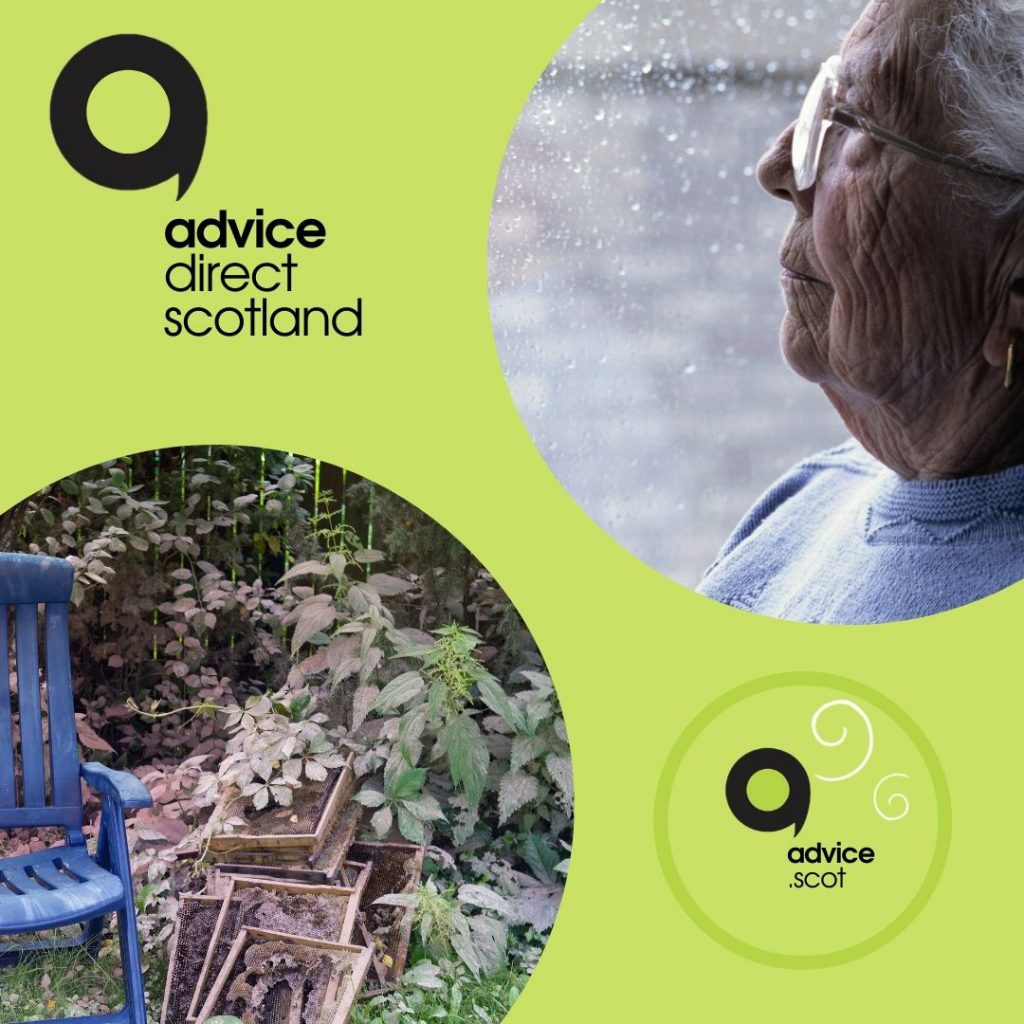
Excessive noise at night can keep us awake, especially in the summer months. With good weather and lighter nights, neighbours can sometimes get carried away, and with windows open, we can be more sensitive to outside noise.
With that being said, we have the right to rest in our own homes.
Attempt to resolve issues informally
Maintaining ongoing positive relationships with our neighbours is important, as we often have to deal with them for a long time.
For this reason, it is always advisable to attempt to resolve noise issues informally in the first instance if it is safe to do so, and as long as you are comfortable approaching your neighbour. You should highlight the concerns that you have, and the fact that the noise is keeping you awake.
The more reasonable you are, the more likely it will be that they will come round to your way of thinking.
Keep a written record of issues and interactions
It would also be advisable to keep a written record, outlining the date and time that you spoke to them in case you need this as evidence later.
If you are uncomfortable speaking with your neighbour, you could write them a letter describing the issues you are having and the preferred course of action that you would like them to take. If you are writing to them, you should keep a copy of the letter.
Approaching a neighbour’s landlord (including council / local authority)
If your neighbour rents their property from someone else, and if you are unable to address this with them informally, then you may wish to highlight your concerns to their landlord. Landlords are expected to take reports of antisocial behaviour seriously and pursue action to resolve issues.
If the landlord fails to act, you should contact your local council who may be able to issue an Antisocial Behaviour Notice (ASBN) to them.
If your neighbour is a local council or housing association tenant, they may be able to take action for you, including contacting your neighbour in efforts to address the issue, take steps to end their tenancy, or apply to court for an antisocial behaviour order.
Contacting Environmental Health
If attempts to resolve the issue informally do not work, then you may wish to contact the Environment Health Department of your local council. They may be able to visit your neighbour to investigate the issue further.
In a situation where the local council recognise that there is an issue with noise, they may serve a notice against the neighbour, meaning that they will have to stop the noise.
In this instance, if the noise problems persist, they may be issued with a fixed penalty notice (fine).
Contacting the police
The police can also help in circumstances where noise is excessive. You can report antisocial behaviour to the police on the non-emergency number (101), or by dialling 999 if you or someone else is in immediate danger.
They can confiscate sound making equipment, or issue fines for not complying with their requests to reduce the noise.
Further advice
Advice Direct Scotland can provide free, practical, and impartial advice and information on neighbourhood disputes, and your next stages should you require them.



